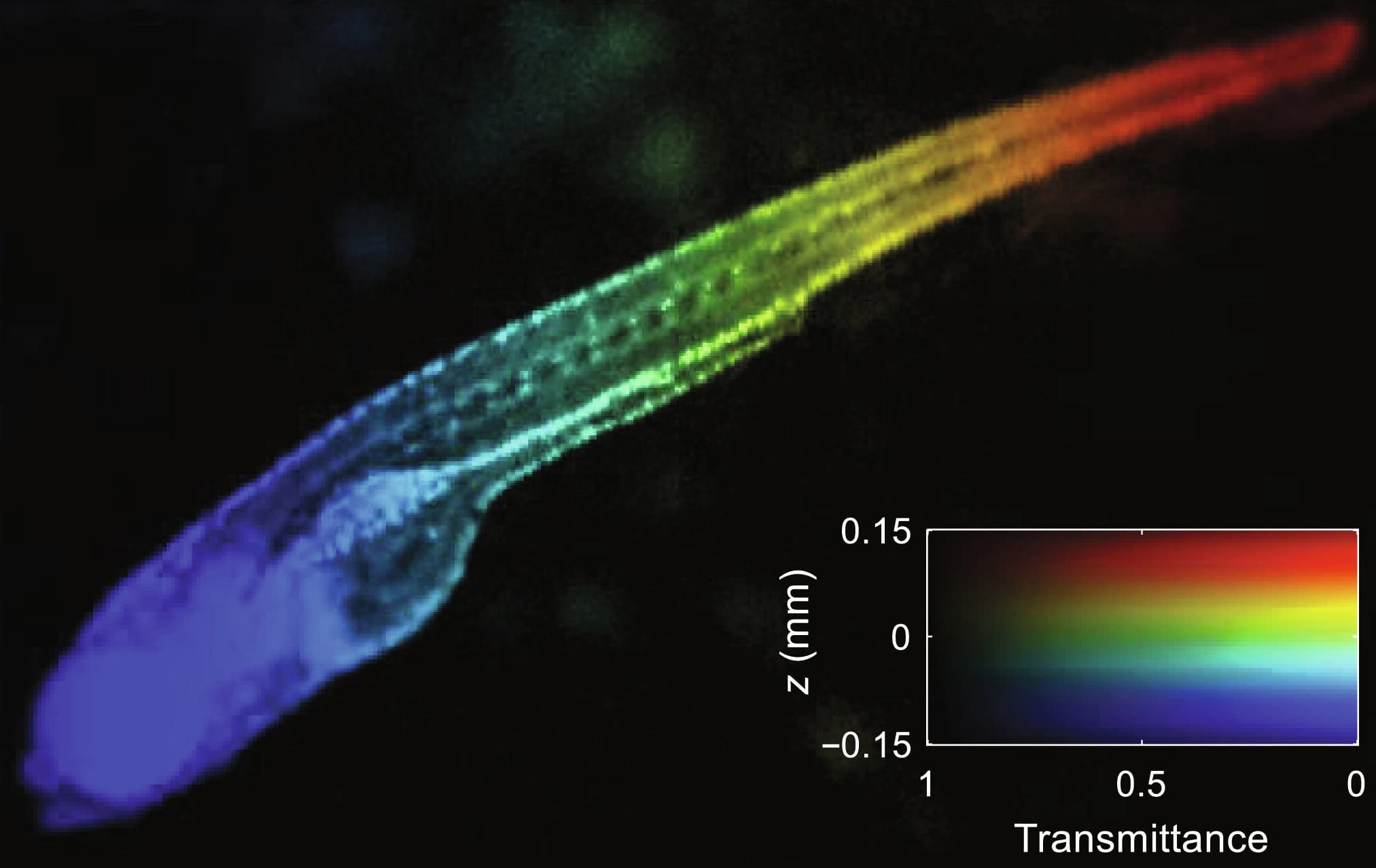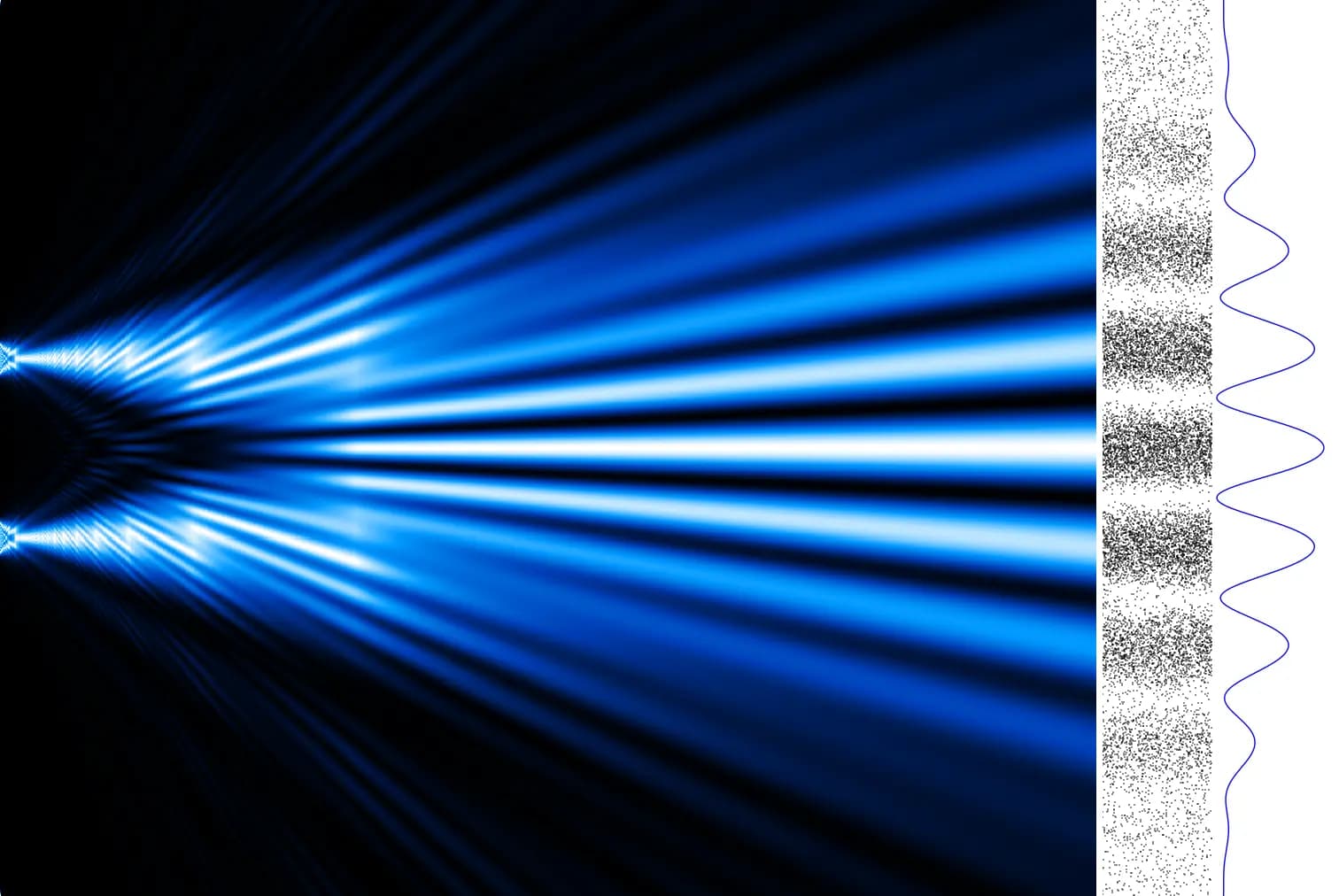At Caltech, researchers are harnessing the peculiarities of quantum mechanics to revolutionize imaging. Their latest innovation exploits the entanglement of photons—’spooky action at a distance’—to influence the color, brightness, and now the polarization of light. This quantum leap enhances the imaging of biological samples and paves the way for quantum imaging applications from medical diagnostics to remote space sensing.
Polarization, a fundamental light property, is now controlled to yield additional sample information and contrast, crucial when intensity and color adjustments fall short. This capability could reveal internal structures and dynamics previously masked in traditional imaging.
The technique, named quantum imaging by coincidence from entanglement (ICE), utilizes entangled photons for higher resolution and the exploration of birefringent materials—substances that bend light differently based on its polarization. This phenomenon, common in crystals and various biological tissues, can now be observed without direct light exposure, opening new avenues for non-invasive analysis.
As quantum entanglement transcends distance, this technique holds promise for astronomical applications. It could, for instance, enable remote adjustments to photon polarization in space exploration, significantly expanding our sensing capabilities beyond Earth.
This leap forward in imaging, with its foundation in quantum mechanics and polarization control, is yet another step into the future of scientific discovery and technological advancement.
For further insights, you can read the original article here.
The original paper is published in the journal Science.













Responses (0 )